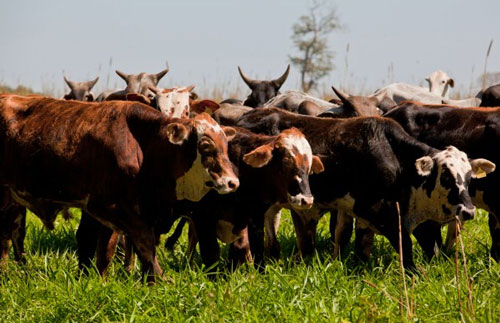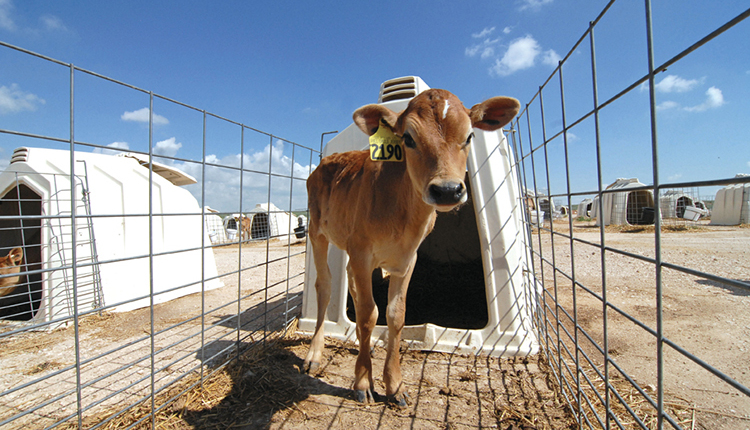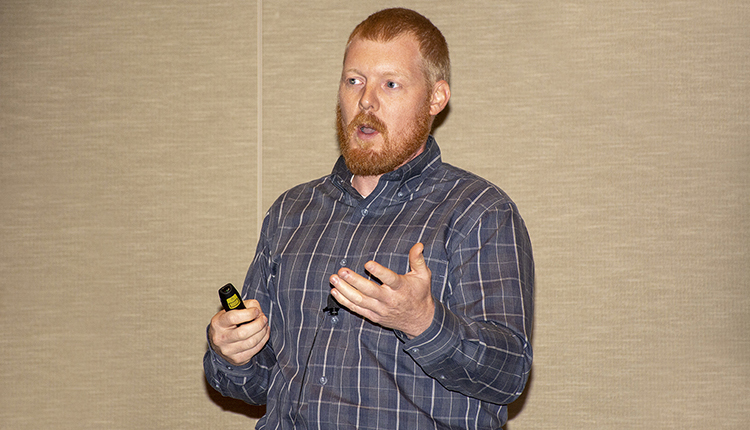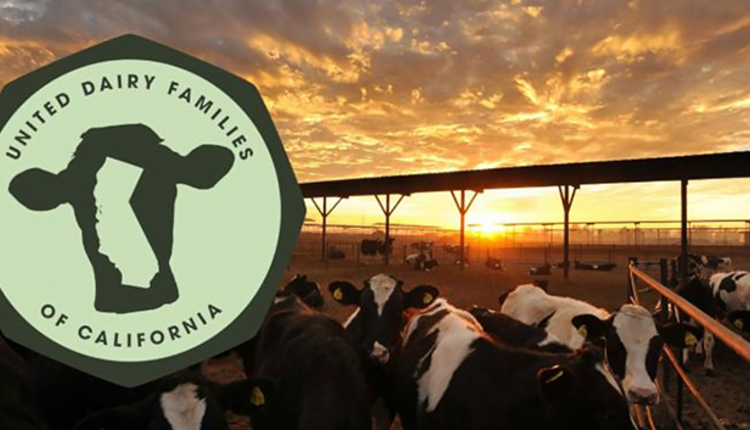
Brazil's second confirmed case of bovine spongiform encephalopathy (BSE) was announced last week by the World Organisation for Animal Health (OIE).
The animal, a 12-year-old beef cow that was born and raised on a pasture ranch in the state of Mato Grosso, was identified as suspicious when she arrived at a slaughter plant on April 14. No products from her entered the food chain and all tests of her herd cohorts were negative.
Quick announcement of the second positive animal is in sharp contrast to Brazil's first BSE case, a 13-year-old beef cow that was identified in the state of Parana in 2010 but wasn't announced until two years later.
Global backlash to that delay was intense, as a dozen different nations eventually banned beef imports from Brazil. The U.S. was not one of them.
Brazil produces the second most cattle in the world each year behind India, and the second most meat behind the U.S. But it is the world's number one beef exporter, which is why maintaining BSE screening and eradication protocols is so critical.
The OIE reaffirmed Brazil's "negligible risk" rating for BSE after confirmation of the first infected cow and remains unchanged as of now.
(c) Hoard's Dairyman Intel 2014
May 12, 2014










